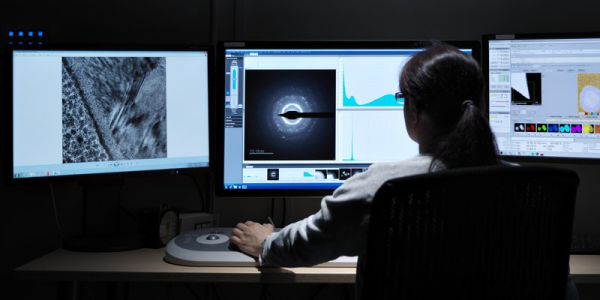Statement
University of Leeds statement: Leeds University Union's Better Union forum (11/03/19)
University of Leeds statement: Leeds University Union's Better Union forum (11/03/19)

A new study suggests climate change will significantly alter rainfall patterns for key agricultural regions, but the worst effects could be mitigated by reducing greenhouse gas emissions.

Astronomers have discovered a binary star system with the closest high-mass young stellar objects ever measured, providing a valuable “laboratory” to test theories on high mass binary star formation.

John, Susan, Titty, Roger. The fictional Walker children are much-loved characters in Arthur Ransome’s Swallows and Amazons – a quintessentially English family in an archetypal children’s classic.

Looked at from one side, it’s the leather sole of a child’s shoe, a scarce resource re-purposed during wartime.

Chris Skidmore, Minister of State for Universities, Science, Research and Innovation, visited the University today to learn more about mental health support for students.

As part of National Apprenticeship Week, the University is celebrating the early success of its apprenticeship programmes.

February roundup of some of the latest research and education stories from the University.

The University has announced 50 fully-funded PhD researcher places to unlock the potential of Artificial Intelligence (AI) in medical diagnosis and care.

Melanoma patients with a history of smoking cigarettes are 40 per cent less likely to survive their skin cancer than people who have never smoked, according to new research.